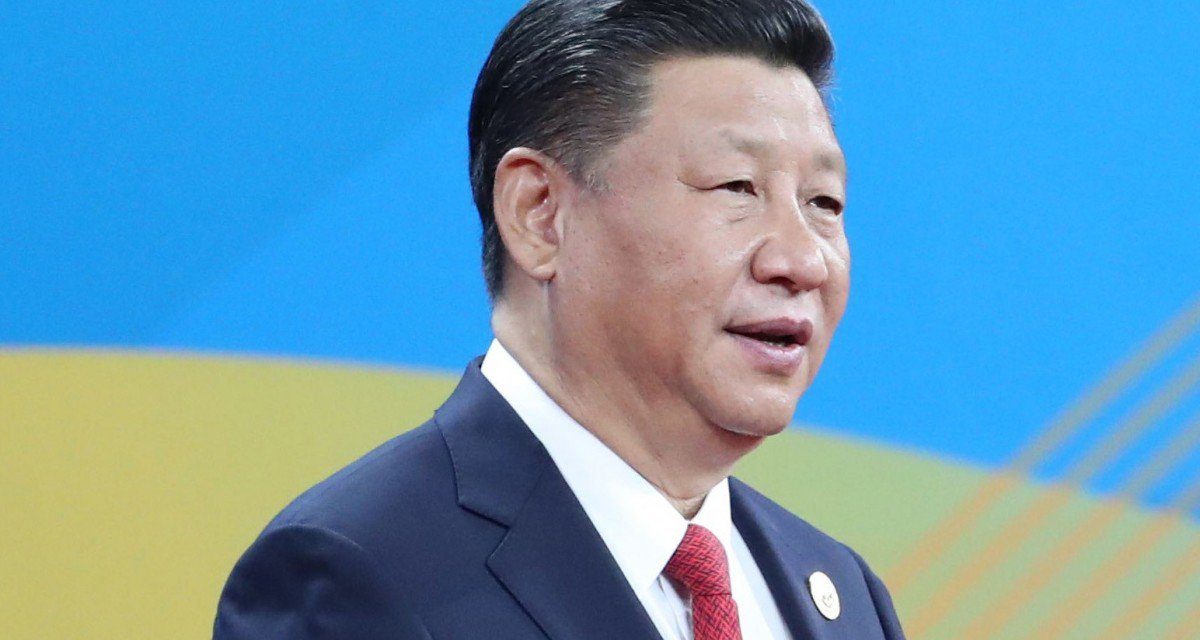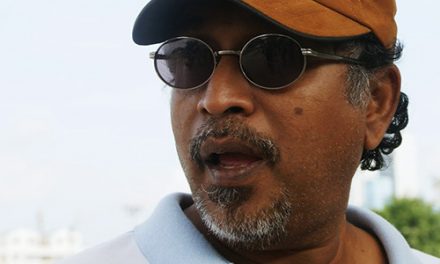19 August 2019
In 2012 Xi Jinping (picture) started the anti-corruption campaign in China. The campaign targeted over 120 high-ranking officials, including about a dozen military officers, several senior executives of state-owned companies, and five national leaders. More than 100,000 people have been indicted for corruption.
The Central Commission for Discipline Inspection (CCDI) is the agency responsible for investigation prosecuting corrupt elements in the party. It is an internal agency of the party and therefore does not have judicial authority. The CCDI investigates officials and, when necessary, forwards evidence gathered to judicial organs, such as the Supreme People’s Procuratorate for acting in judicial process. Wang Qishan was its Secretary from 2012 to 2017. During this period the agency succeeded in prosecuting both incumbent and former national-level leaders, including former Politburo Standing Committee member Zhou Yongkang and former military leaders Xu Caihou and Guo Boxiong. Wang Qishan was Xi’s mate in the youth camp where they stayed together. Wang Qishan handled the financial crisis successfully. He is now Xi’s number 2 in the country.
Despite this colossal effort, the country’s position in the Corruption Perceptions Index, the annual survey of the world’s most and least corrupt countries carried out by Transparency International, has barely changed. China remained in its 87th place in the rank with a score of 39 points. Higher the score the better the anti-corruption standard in the country. The score of 39 is better than its 2015 (37 points) and 2014 (36 points). But the score is close to that of Indonesia and Sri Lanka. Does it mean that corruption in China is comparable to that in Sri Lanka or Indonesia. Perception index is not an absolute measure of the level of corruption in a country. Yet it is the best measure of relative corruption level.
The Index is based on the perception of the people in China of corruption there. It is difficult to see why the perception has not changed despite the huge publicity given to the high-profile cases of corruption. One of the possibilities is that the corruption is high despite the fear of punishment poised by the anti-corruption drive.
Some people think that the anti-corruption measures were targeted at dissenting voices while the authorities close one eye on the corruption of high-level people in the inner circle of the party. This could mean that there is still widespread corruption.
Another possibility is that the corruption fight is aimed at tightening Xi’s control of the party. The Central Commission for Discipline Inspection has warned that all public officers must give their loyalty to the party and obey the party’s code of discipline.
Judicial system is still lacking transparency and independence. Judiciary is still answerable to the National People’s Congress (NPC) and local People’s Congresses. Judges receive guidance from the government and the ruling party regularly, particularly when it comes to politically sensitive cases. judgments are often not enforced against powerful special entities, such as government departments, state-owned enterprises, military personnel and some members of the Communist Party of China (CCP).
Land administration is another area of high corruption. According to Charney Research, Jan. 2015, almost half of companies reported the need to offer gifts or make payoffs when operating in the construction sector. Local officials collude with property developers in order to pay little or no compensation to displaced residents. Forced eviction or illegal land grabs for large-scale governmental construction projects and by local authorities take place routinely. By some estimates, up to 65 percent of the 180,000 annual “mass incidents” in China stem from grievances over forced evictions. In most instances, the land is acquired with meagre compensation and then sold to private developers at an average cost of 40 times higher per acre than the government paid to the villagers.
The fundamental assumption in Chinese law is that the land belongs to the people as a whole and that increases in value should flow to the people. The weak judiciary has not been able to resolve the land administration problems.
The tax administration carries a high corruption risk for business. Bribes and irregular payments are often exchanged when meeting with tax officials. Bribes and irregular payments are also pervasive in public procurement.
China’s natural resource industries are non-transparent, leaving significant room for corruption. The mining sector, though highly regulated by the state, is susceptible to fraud, bribery, and kickbacks.
Undoubtedly this year is the toughest year for Xi since he came to power. Protests in Hong Kong, and international condemnation over Beijing’s treatment of Uighur minorities in Xinjiang, trade war with US, criticism of the debt implication of the Belt and Road project, and slowing down of the domestic economy are all disrupting the peaceful life of Xi.
Last year, Xi amended the constitution to remove term limits on individuals, so that he could hold his position as long as he wished. The term limits were imposed by the Chinese policy makers to prevent the return of another all-powerful strongman like Mao Zedong.
All these have some bearing on the corruption in the country. On balance one can see that some progress has been made in the fight against corruption but not enough to show a marked improvement in anti-corruption efforts.













